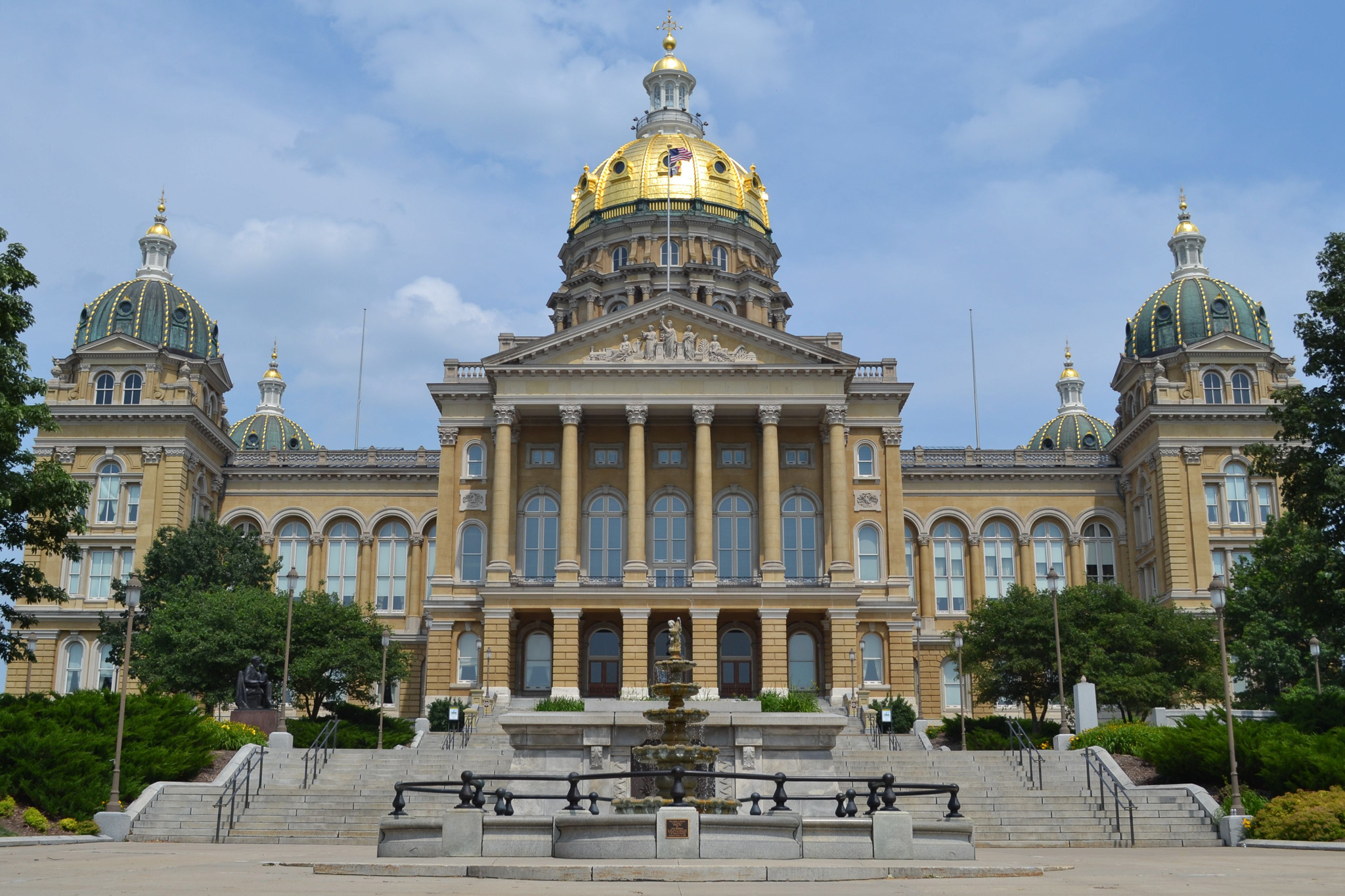Views expressed in opinion columns are the author’s own.
The ongoing debate about child labor regulations is tough to decipher. On one hand, we want to protect the rights, safety and future of children. On the other hand, we also might really need someone to dust off those hard-to-reach shelves at the pizza place for pennies on the dollar.
In all seriousness, efforts to repeal child labor laws across the nation are regressive, harmful and unjust to both children and society at large. There are a plethora of reasons why we frown upon children working in meatpacking plants or skipping school to sleep after fourteen-hour workdays. But as the United States faces a massive labor shortage, states have turned to legislation that would allow more children to enter the workforce as a solution.
This nation’s labor shortage is largely a self-inflicted wound that has resulted from anti-worker initiatives across America. While companies often paid lip service to their employees’ bravery during the pandemic, they failed to back that sentiment up with protection. So when the United States had one of the worst public health responses to COVID-19, the country’s labor fallout was easy to see coming. This labor shortage isn’t a true shortage. It’s a consequence of employers’ unwillingness to properly treat and compensate workers – leaving many Americans with no choice but to not work.
This country’s labor shortage is not an excuse for state legislatures to allow recent middle school graduates to work in industrial freezers for only $7.25 an hour. That provision – part of a bill that sneakily passed in the Iowa state Senate Tuesday – and similar legislation in other states has led this country into a race to the bottom for child welfare protections.
More than 1.1 million Americans died and millions are not in the workforce because of COVID-19. Combine that with anti-immigration policy decreasing net migration in the last five years, and it really is no wonder how the corporate and political institutions of America got us here in the first place.
Instead of paying fairer wages, allowing workers to unionize and providing benefits, which would attract labor to industries losing workers, our institutions have decided it’s a lot cheaper to pay children for less ethical work.
Although child labor advocates may talk about jobs like lifeguarding or retail as easy jobs for teenagers to make a quick buck and gain responsibility, make no mistake about the intention behind these bills.
The original draft of that Iowa bill said the quiet part out loud and tried to provide corporate immunity if a child suffered injury in a dangerous workplace. That part has since been scrapped, but Iowa Republicans signaled their priorities by blocking a Democratic amendment that looked to provide additional workers’ compensation for teenagers who are injured while working. If you’re a child in an already-dangerous workplace, good luck trying to get a lawyer and winning damages against a massive corporation in a state that has labeled you as a cog in a machine.
Frankly, the idea that kids are the secret to alleviating the labor shortage is ridiculous.
We’ve often heard that the pandemic’s economic impact on America was the worst downturn the country has seen since the Great Depression, so why don’t we look at what helped fix that? During the New Deal, many initiatives aimed to limit child labor. Work programs for adults also created infrastructure while providing jobs. The first, and correct, instinct in a society where child labor was normalized wasn’t to employ more kids – so why is that in the playbook now?
Alternatively, increases in net immigration would be on-brand for the melting pot America is supposed to represent. American Immigration Council data released in 2022 shows immigration spurs economic growth.
Our governments need to do some severe soul-searching if they listen to people who foam at the mouth to loosen child labor restrictions instead of providing better workers compensation, work programs or less restrictive immigration.
Now that child labor violations are on the rise in the United States, the appropriate policymaking response isn’t to absolve perpetrators of responsibility by legalizing one of the most universally recognized harms to children today.
To the detriment of society, people are often reduced to their economic value. That reduction becomes even more egregious when children are robbed of their youth and education for meager paychecks and corporate profit. Kids across the country deserve better. Our legislators must step up and fight this uphill battle to help the kids of today and leaders of tomorrow.
Rohin Mishra is a sophomore economics and government and politics major. He can be reached at rohinpmishra@gmail.com.



